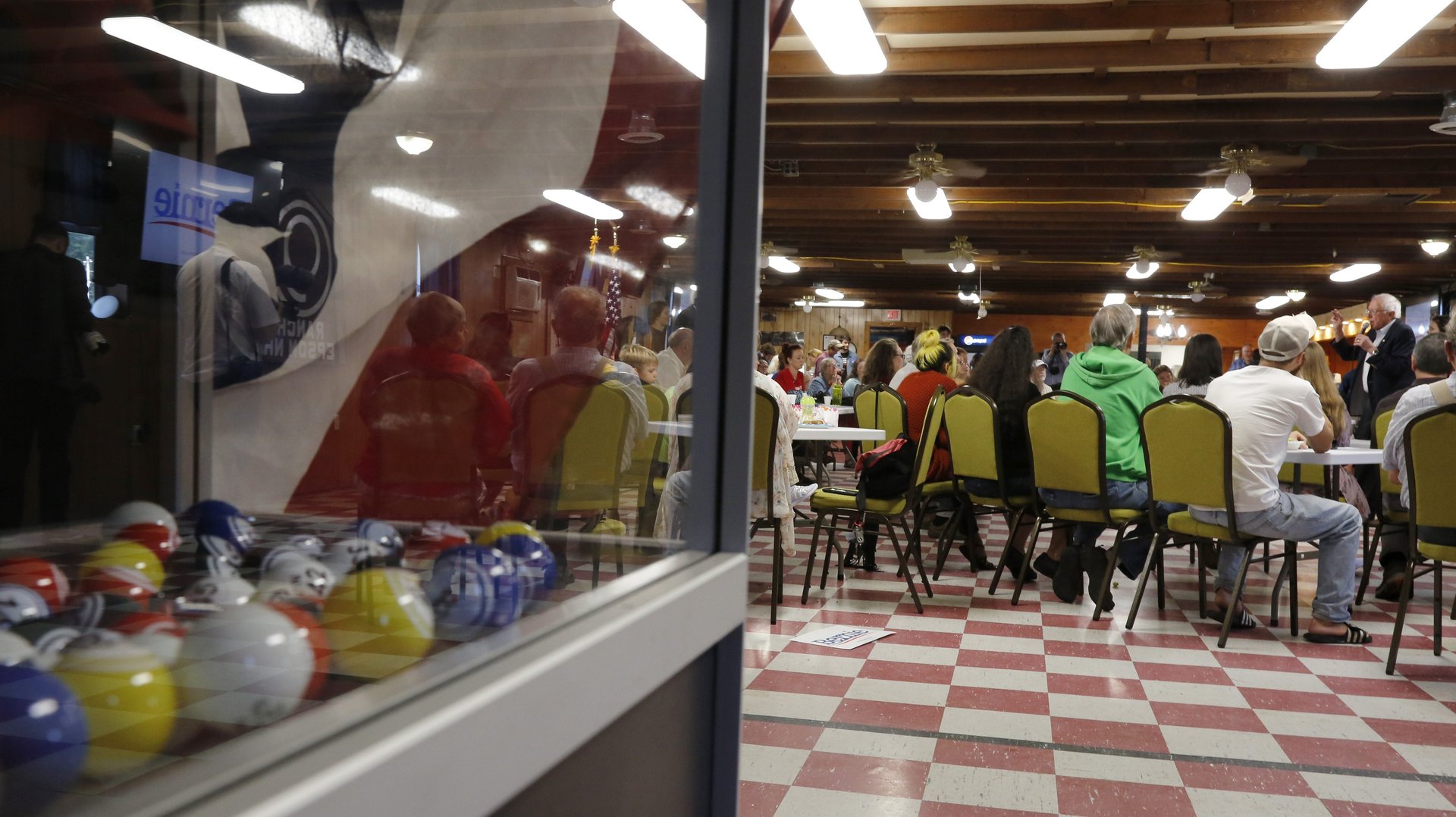Nursing homes have to be extra prepared for coronavirus outbreaks
Let’s start with the good news: About 80% of cases of Covid-19 are mild, according to a new report from the Chinese Centers for Disease Control, tracking over 44,000 cases of the viral infection that occurred on the mainland through Feb. 11.


Let’s start with the good news: About 80% of cases of Covid-19 are mild, according to a new report from the Chinese Centers for Disease Control, tracking over 44,000 cases of the viral infection that occurred on the mainland through Feb. 11.
Then there’s the bad news: The novel coronavirus that originated in China’s Hubei province is highly transmissible, in ways scientists yet don’t fully understand. And though many of those infected pull through without a hitch, there’s one group that is at a higher risk of dying from the disease: older adults.
Based on the most recent report, about 2.3% of those surveyed in China died after being infected by the coronavirus. But among those 80 and older, the death rate was 14.8%.
At the moment, there aren’t specific guidelines for caring for the elderly with suspected cases. The World Health Organization (WHO) has guidelines on how best to take care of patients with Covid-19 in hospital settings and at home. So individual facilities that serve the elderly and professional health care associations are working to come up with their own guidelines.
The biggest focus for anyone who regularly interacts with older adults is prevention. That’s especially true in this case, because there’s no treatment for Covid-19 yet: Health care providers can offer sick individuals supportive care, with things like fluids, steroids to reduce lung inflammation, and even ventilators to support breathing.
At Iona Senior Services, a non-profit senior center in DC, focusing on prevention means putting out hand sanitizer in more locations. They’re also posting reminders to daily visitors to wash their hands, cover their mouths when they cough, and remain at least six feet (about two meters) away from others if they do feel sick.
“We put into practice what the WHO is recommending,” says Jennie Smith-Peers, director of development and communications at Iona. It’s a similar protocol for what they do every year with the flu—with the exception that the organization also reminds residents to get their flu shot every year.
Many facilities are similarly adapting the plans they use every flu season. The California Department of Veteran Affairs, which oversees eight separate nursing homes in California, regularly updates its protocols for dealing with the flu and other viruses, according to communications manager Thora Chaves. Now that California has reported cases of the novel coronavirus, Chaves said in an email, “we will continue to work closely with state and federal health officials to monitor this virus.”
CalVet, Chaves says, also has a ready stock of N-95 masks at every home—the kind that specifically blocks tiny particulate matter and can keep health care providers from inhaling viral droplets. (Regular surgical masks, on the other hand, act as a barrier for droplets emitted from coughs and sneezes.)
In the event of an outbreak, those masks, and other protective gear like gloves and gowns, will be critical to protect staff. “Nurses are on the front lines,” says Kendra McMillan, a senior policy advisor for the American Nurses Association. They get the most face time and direct contact with those they’re taking care of—which means protective gear is also key to prevent spread between patients.
Another key part of nursing home management is figuring out how to keep those who do get sick away from others they could infect. “If I were the medical director of a nursing home, I’d be thinking ‘Do I need to quarantine a person?'” says Margot Savoy, a family physician practicing in Philadelphia and the director of the American Academy of Family Physicians.
That call won’t be an easy one. Immediate testing isn’t always available for Covid-19—especially if a patient is well enough to stay out of the hospital. To Savoy, that means long-term care facilities need to be proactive about managing any person who has coronavirus-like symptoms: breathlessness, fever, or coughing. Chaves did not comment on CalVet’s plans to contain any illness if necessary.
Savoy also advises that nursing homes and long-term care facilities plan for how staff would be organized if there were an outbreak. Ideally, some staff would work only with those who are sick, and others would work with those who are healthy to minimize cross contact between the two groups.
The most important things elderly care facilities can do, though, aren’t unique to Covid-19. “It’s not a heck of a lot different than flu,” says Stanley Perlman, an immunologist who studies coronaviruses at the University of Iowa. Washing hands for at least 20 seconds, sneezing or coughing into elbows instead of hands, and staying away from others if you are sick will stop a lot of transmission.
And even though the flu shot won’t protect against Covid-19, it’s always a good idea to get it to try to stay healthy. The US Centers for Disease Control also recommends that people get flu shots to try to minimize the number of flu cases that could be mistaken for the novel coronavirus.